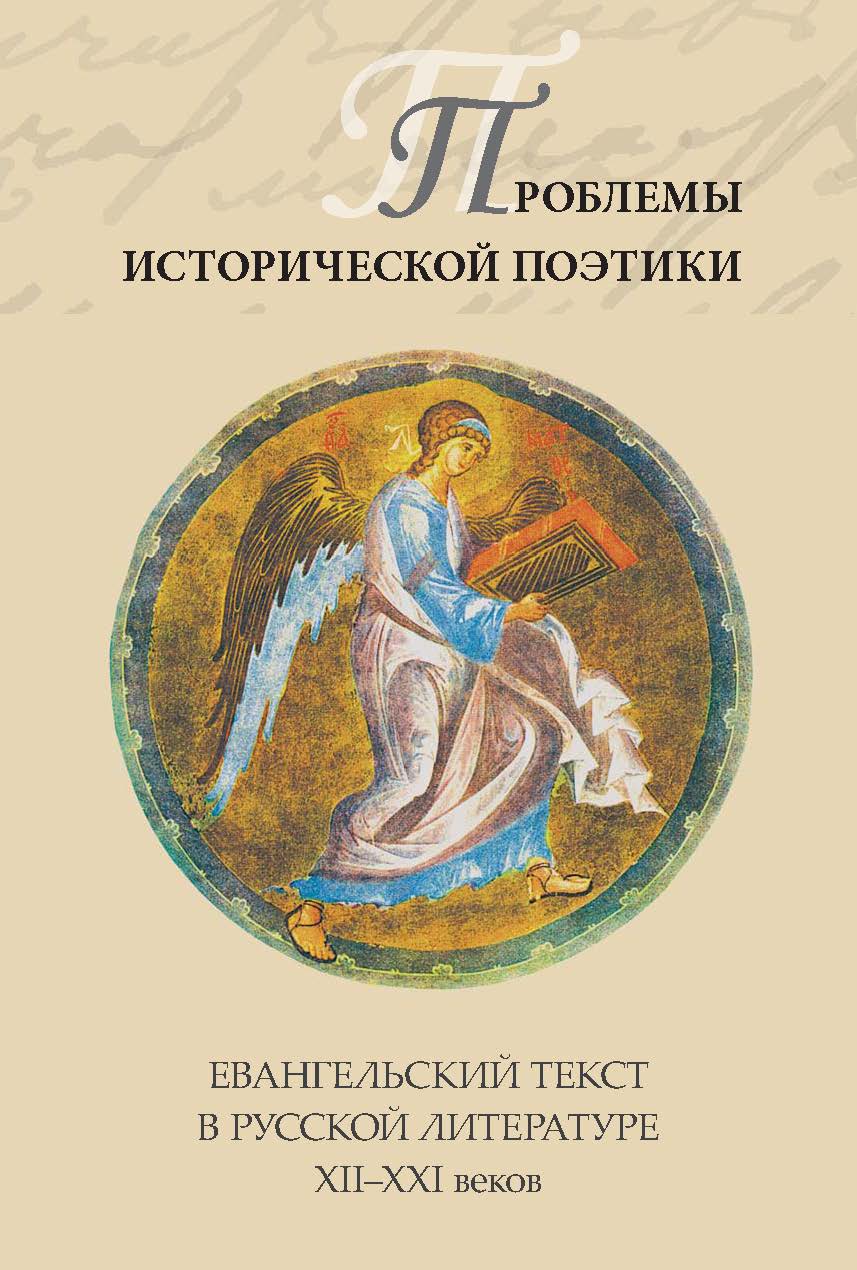ИДЕЯ СМИРЕНИЯ В ПОВЕСТИ А. П. ЧЕХОВА «ТРИ ГОДА»
THE IDEA OF HUMILITY IN ANTON CHEKHOV’S NOVELLA THREE YEARS
Author(s): Vitaliy DarenskiySubject(s): Language and Literature Studies, Literary Texts, Fiction, Studies of Literature, Philology
Published by: Петрозаводский государственный университет
Keywords: Anton Chekhov; novella Three Years; humility
Summary/Abstract: Anton Chekhov wrote his novella Three years in 1895, and this title could be chosen because it took Chekhov three years to finish it, given that entries from his diary dating back to 1891 were included into the novella. It is estimated that while preparing for writing this book Chekhov made about 200 notes. Therefore, Three years can be perceived as the author’s lengthy reflection on life, materialized through some ‘alien’ story. One special thing about this book, however, is its ‘incompleteness’: there is no event at the end of the story which would draw a final line – all we see is a series of open ends, so it seems that it all ends with nothing. Novella Three years is believed to be the first time when Chekhov used his new drama poetics in his prose, since his plays Uncle Vanya, Three Sisters and The Cherry Orchard also have ‘open ends’. Someone is leaving and something is happening there, but spiritual and real-life connections between people are not broken – they obviously await some development in the future. It means, then, that in Three years we see some new type of artistic integrity, which is created not by coherence of a seemingly completed plot line, but by inner cohesion of the life-transforming flow of events, representing reality with its inner unpredictability. What is even more important is that by completing his story Chekhov would probably destroy the inner integrity of his text.
Journal: Проблемы исторической поэтики
- Issue Year: 12/2014
- Issue No: 1
- Page Range: 416-431
- Page Count: 15
- Language: English, Russian

